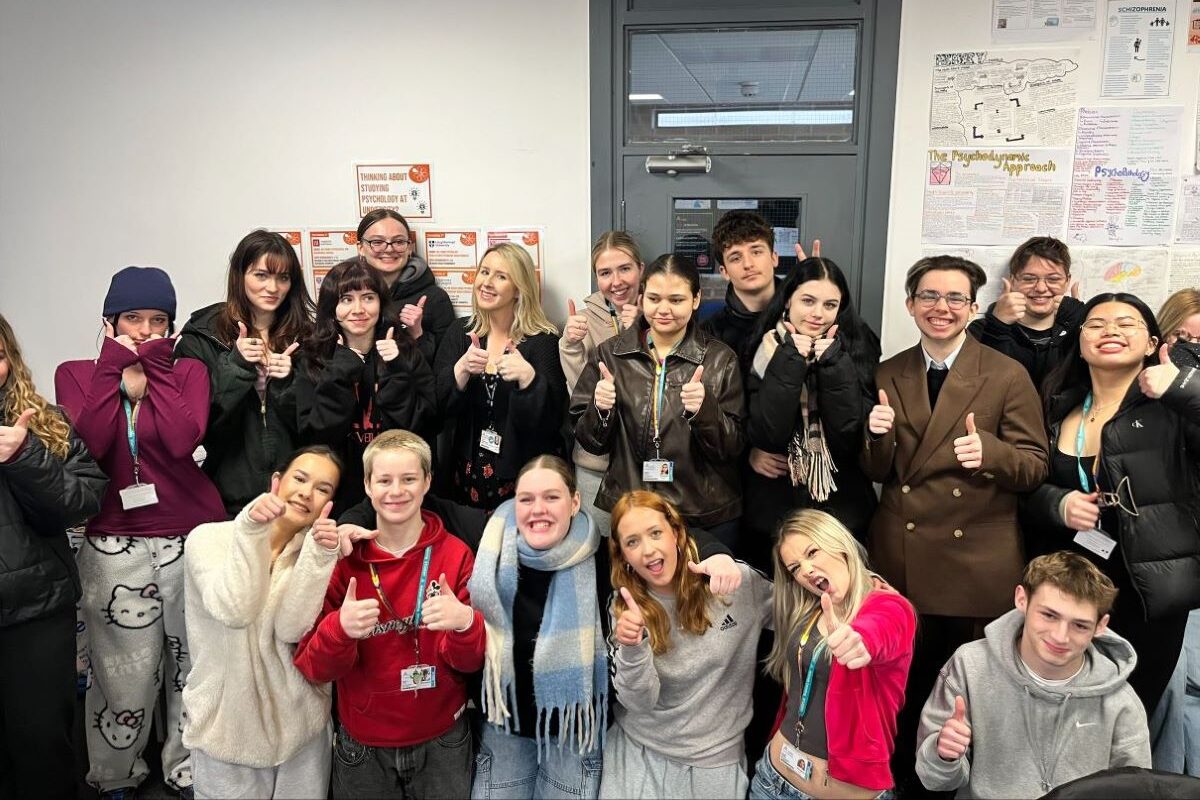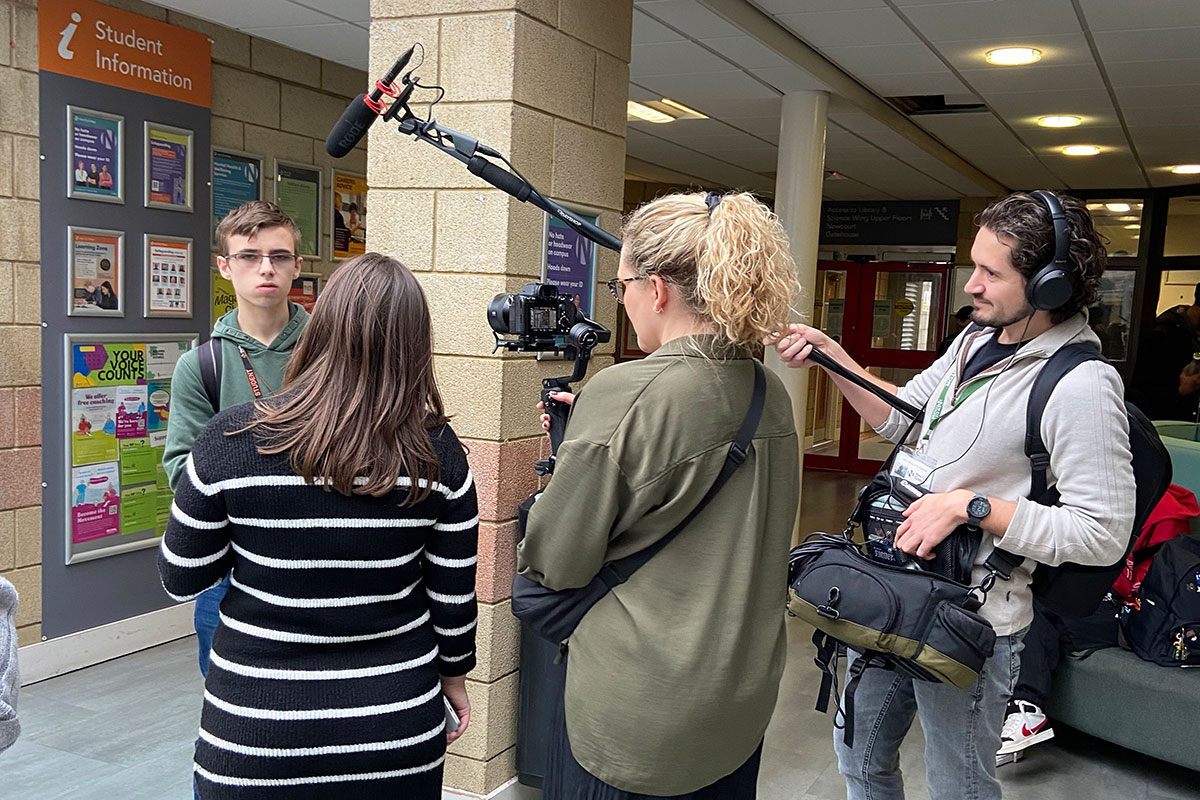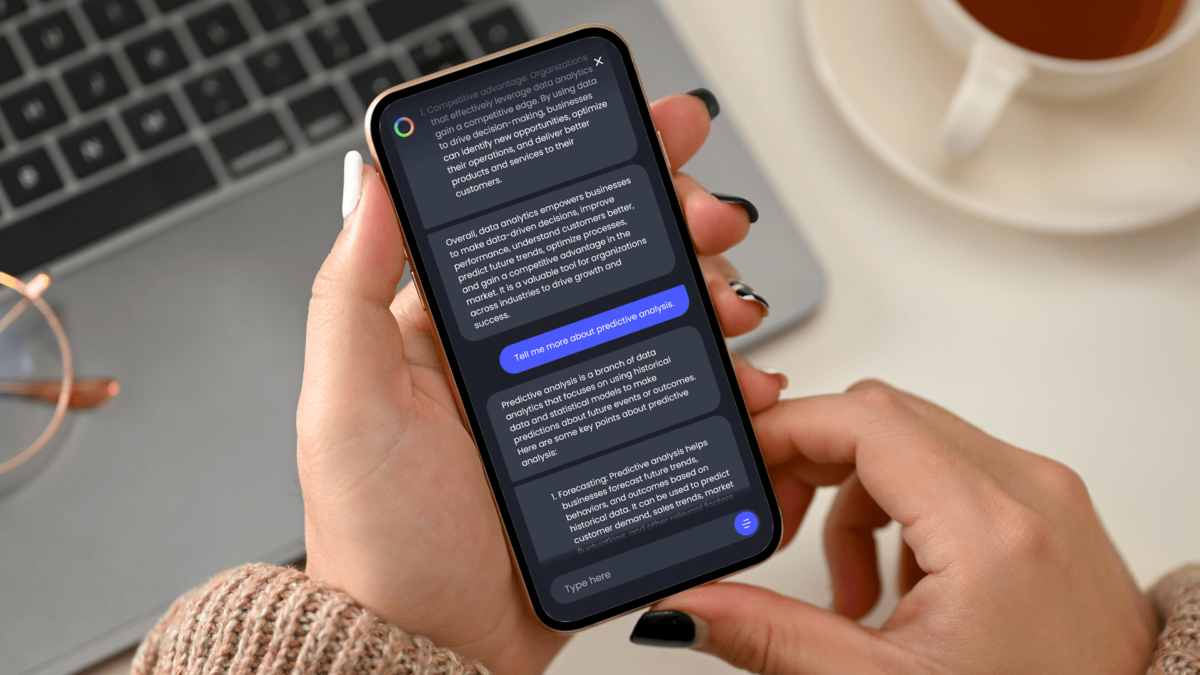Making the most of digital technologies: What lessons have Universities learned from the pandemic?

Universities have learned lessons from the pandemic and are harnessing digital technologies alongside in-person teaching to deliver courses best suited to student needs, a Universities UK briefing concludes.
Following consultation with university staff and students, UUK has identified good practice to share across the sector, promoting innovative, high-quality teaching and greater flexibility across all courses.
The briefing also considers data collected before and after campuses closed.
One surprising discovery is that the attainment gap narrowed between female and male students, as did gaps between white and black students and between students with a disability and those without.
This is thought to have been due to the flexibility and accessibility enabled by digital technologies.
Further positive changes resulting from the pandemic are identified in the briefing:
- Universities engaged with students by making better use of social media and emails and working with student unions more effectively, relying less on print materials, noticeboards and word-of-mouth.
- Online teaching led to a significant digital upskilling of staff and students, contributing to the government’s plan for growth, Build Back Better.
- Access to support services expanded because of the opportunities digital platforms provided. Study skills and wellbeing sessions no longer needed to restrict numbers and online careers fairs gave students opportunities to engage with a wider range of industries and specialists.
- Students expressed positive sentiments around online assessment. Approaches included quizzes and the presentation of digital portfolios. A survey of students at Birkbeck, University of London, found that 59 per cent of respondents would prefer all online or remote exams in the future.
- Universities made stronger connections with speakers and networks locally, nationally, and internationally via online teaching and meeting platforms. The Royal College of Music used livestreaming to enable students to perform to a global audience.
The briefing also considers the next steps universities and students might take to build on the lessons learned from the pandemic.
As universities return to significant levels of in-person teaching, there is a positive opportunity to consider how digital technologies might complement this. One approach is blended learning, which introduces complementary online teaching for students to engage with in their own time, and another is hybrid learning, in which in-person and online teaching are delivered simultaneously.
Rethinking university education
Universities and students are re-thinking what is meant by terms such as ‘lecture’, ‘teaching’, and ‘assessment’. A lecture does not need to be restricted to a one-hour one-way presentation.
Student services may be improved or expanded online, for example digital internships where students can access work placements remotely and careers fairs that increase the range of employers that students can meet with.
The sector is finding ways to re-establish connections between students and between students and staff. At the University of St Andrews, over 2,000 students joined a virtual site where they could access a range of content and choose from over 150 live events to develop their skills and find friends.
In consultation with students, universities are embedding the lessons of the pandemic in long-term strategic plans. Spaces freed up by online learning may be redesigned to create more open study and meeting areas.
Challenges that universities will face in the future
The UUK briefing also identifies challenges that universities face in the future and will need to work closely with students to overcome.
These include tackling digital poverty to ensure that all students have access to a computer and good internet connections; providing online content for disabled students that is compatible with screen readers and has readable fonts; ensuring that online courses are subject to agreed assessment methods; protecting against plagiarism and securing future funding for online and digital learning.

Dr Peter Bonfield, Vice-Chancellor and President of the University of Westminster, who chaired the UUK series of roundtables to establish lessons learned from online delivery, said:
“Our work has found that digital learning has given an array of clear benefits for different student groups that need to be considered and included alongside those offered by in-person education. For example, for students who may be juggling work, family and caring responsibilities alongside their studies, for those with disabilities, for international students and more.
“Whilst we almost all love and enjoy working and studying as physical communities together on campus, it is important that the advantages of digital delivery alongside face-to-face delivery are not lost and are implemented to further improve the student experience and the quality of education offered to them. The sector needs to, and will continue to, develop blended learning options because it is clearly in the interests of students to do so.
“However, as new technologies and approaches are integrated into day-to-day delivery by universities, there must be a consistent feedback loop between student and institution to ensure that high quality is maintained and grown further, balance is achieved, and students are happy with the options available to them.”











Responses